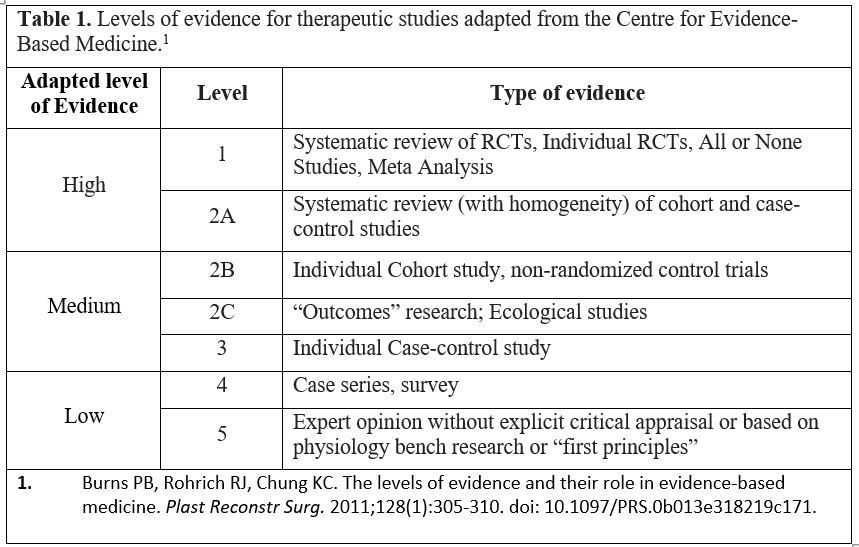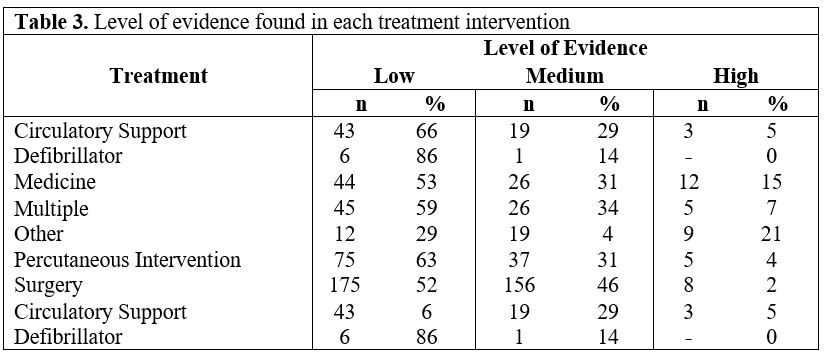Cardiology
Cardiology 3
720 - The Paucity of High-level Evidence for Therapy in Pediatric Cardiology
Publication Number: 720.4
.jpg)
Emily Littman, BS (she/her/hers)
Medical Student
University of Central Florida College of Medicine
Boca Raton, Florida, United States
Presenting Author(s)
Background:
Clinical practice ideally should be based on the highest quality (certainty) of evidence available. Pediatric cardiology programs, interventions, services, and publications are growing. However, the quality of evidence available in this field has never been described.
Objective: We aimed to classify the available pediatric cardiology literature according to the quality of evidence.
Design/Methods:
We performed a PubMed search to identify articles published between January 1 to December 31, 2021 that were exclusively related to cardiology, and evaluated therapeutic interventions of any kind in patients less than 18 years of age. We reviewed the abstract of each study and in selected cases, the full text of the manuscript. Based on the study design, we categorized each study as a high, medium, or low level of evidence, defined in Table 1. We collected data on the publication year, disease, treatments studied, and country of publication. Finally, to compare the number of RCTs in pediatric cardiology with those in other fields, a separate PubMed search to identify published RCTs were conducted. We generated descriptive statistics from the data.
Results:
Among the 731 included studies, as depicted in Tables 2 and 3, the distribution across the categories of evidence was as follows: low level of evidence, 50 – 86%; medium level, 14 – 50%; high level, 0 – 21%. Categories of studies with the largest percentage of high level evidence were medications (15%), and other (21%). From January 1, 2021- December 31, 2021, there were 21 RCTs in pediatric cardiology, 178 in neonatology (birth-1 month of age), and 413 on adult ischemic heart disease.
Conclusion(s):
The development of evidence-based medicine in pediatric cardiology is still in its early stages. There is a paucity of high-level evidence to support therapeutic interventions in pediatric cardiology, particularly for circulatory support and cardiac surgery. There is a great need for clinical research in pediatric cardiology that will produce high level evidence.


